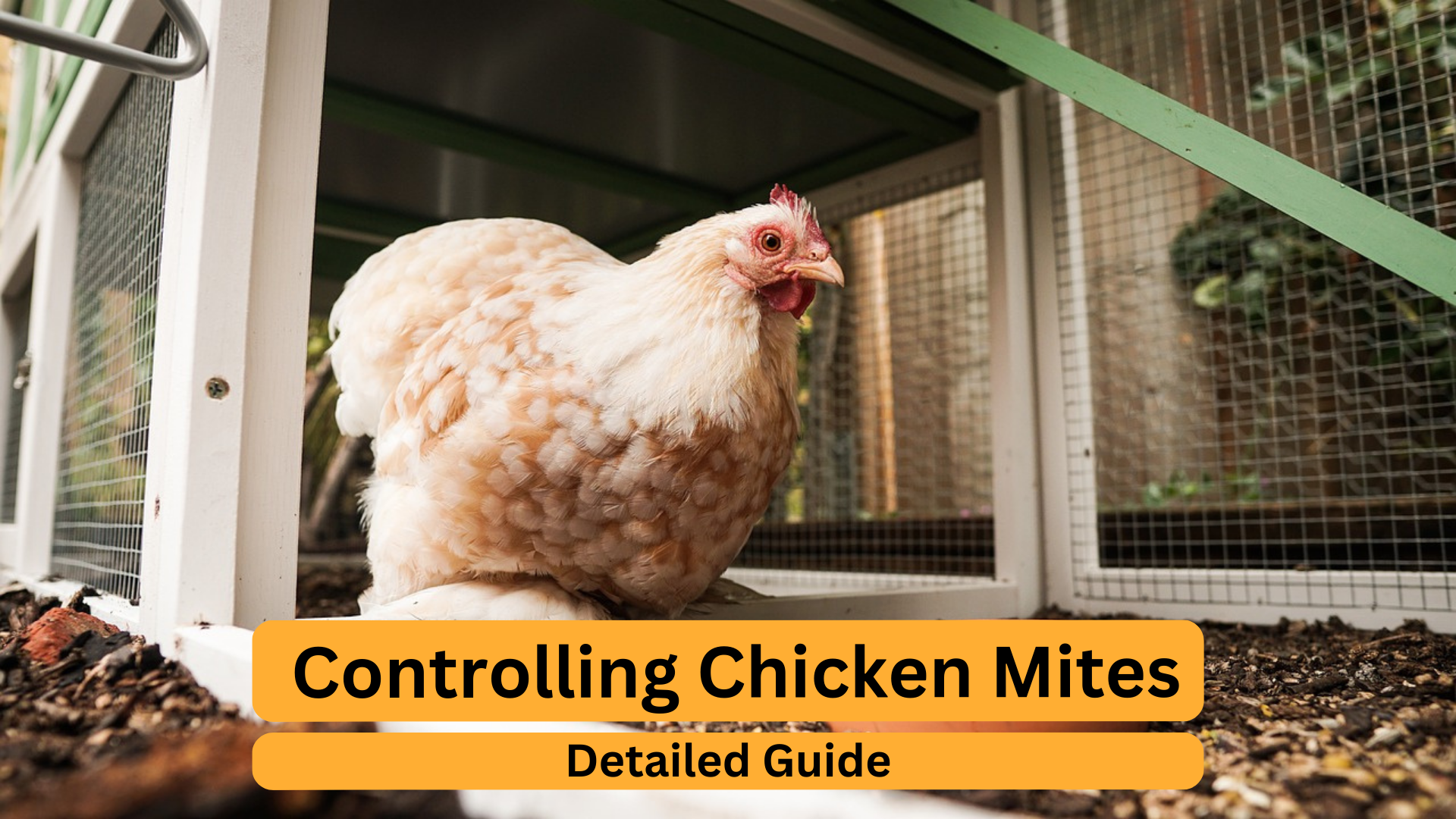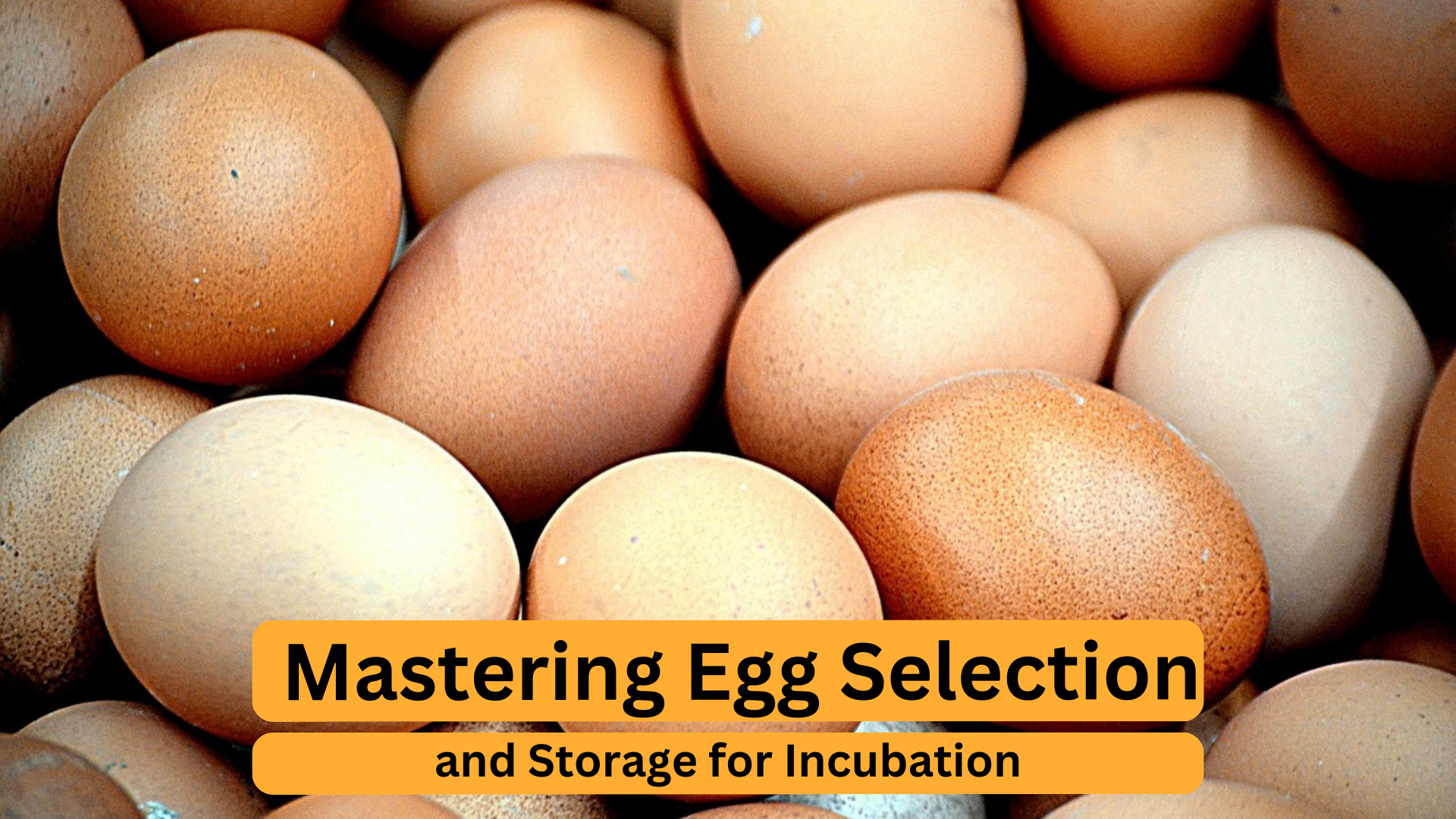
FAQ
Why Do Chickens Lay Soft Eggs?
Chickens are amazing creatures that provide us with fresh eggs every day. However, chickens can occasionally lay eggs with soft or thin shells, which can be concerning to their owners. This blog will discuss some of the causes of soft chicken eggs and how to avoid them.
One of the most common causes of soft-shelled eggs in chickens is a calcium deficiency. Calcium is an important nutrient for chickens to produce strong eggshells. Due to a lack of calcium in the diet, a chicken's body may begin to remove calcium from the bones, resulting in thin or soft eggshells. It is critical that chickens receive a balanced diet which includes vitamin D too as a lack of vitamin D can interfere with calcium absorption. To supplement calcium in your chooks diet, provide shell grit or a liquid calcium in their water.
Another factor that can affect eggshell quality is stress. Environmental changes, predator attacks, or overcrowding can cause stressed chickens which may eventuate into laying soft or thin-shelled eggs. This is because stress may cause the body to divert calcium to other organs, leaving less calcium available for egg production.
Illness and disease can also result in soft-shelled eggs. Egg-laying diseases can disrupt the egg-laying cycle and cause the chicken to lay abnormal or malformed eggs. Furthermore, parasites such as worms, which can cause malnutrition and nutrient deficiencies and lead to soft-shelled eggs.
Nutrition is another important factor in preventing soft-shelled eggs in chickens. Nutrient deficiencies can be avoided by providing chickens with a balanced diet rich in protein, vitamins, and minerals. A balanced blend can be purchased from your local farm and fodder store. Furthermore, it is critical to ensure that chickens always have access to clean, fresh water because dehydration can also affect egg production and eggshell quality.
The egg-laying cycle also has an impact on eggshell quality. Because their bodies produce less of the materials needed to form shells as they age, hens' shells may be thinner or softer. Furthermore, certain chicken breeds are more likely than others to lay soft-shelled eggs, and commercial egg production methods can have an impact on egg quality.
To summarise, a lack of calcium or vitamin D, stress, illness, or poor nutrition can all result in soft-shelled eggs in chickens. Giving your chickens a healthy living space, a balanced diet, and regular health checks can help prevent soft-shelled eggs and keep your flock happy and healthy. Whether you're raising chickens for backyard eggs or as part of a commercial poultry farming operation, the health and productivity of your flock is dependent on your attention to eggshell quality and the prompt resolution of any egg-laying issues.
Always talk to your veterinarian if you have any concerns.








